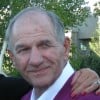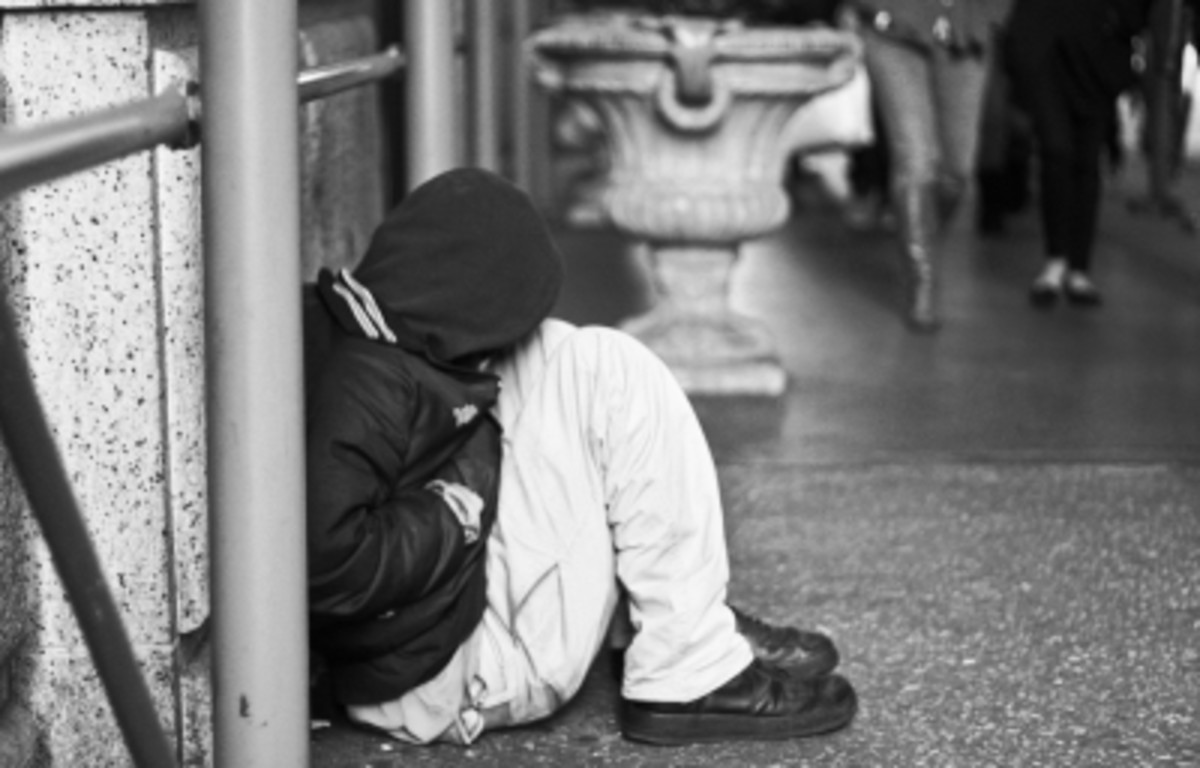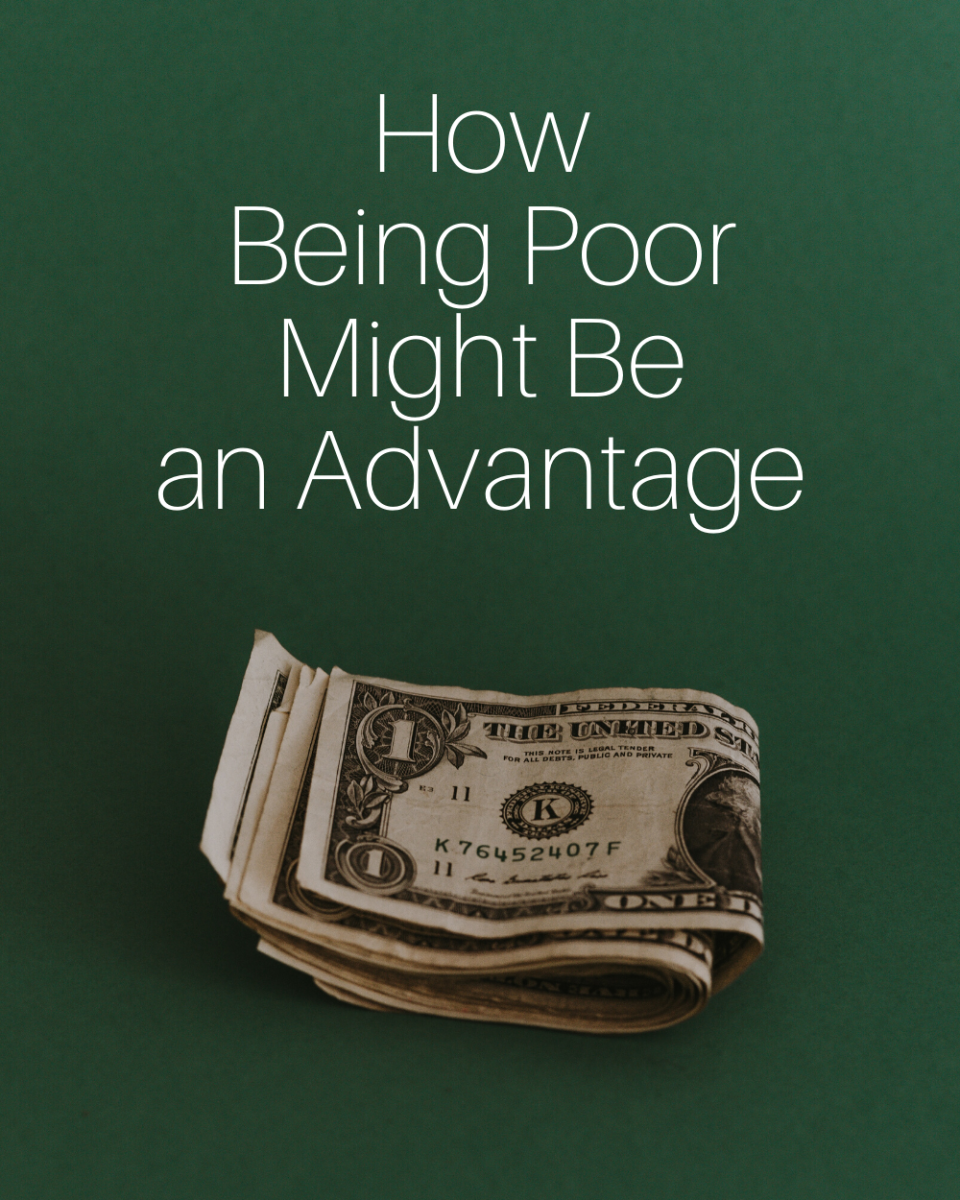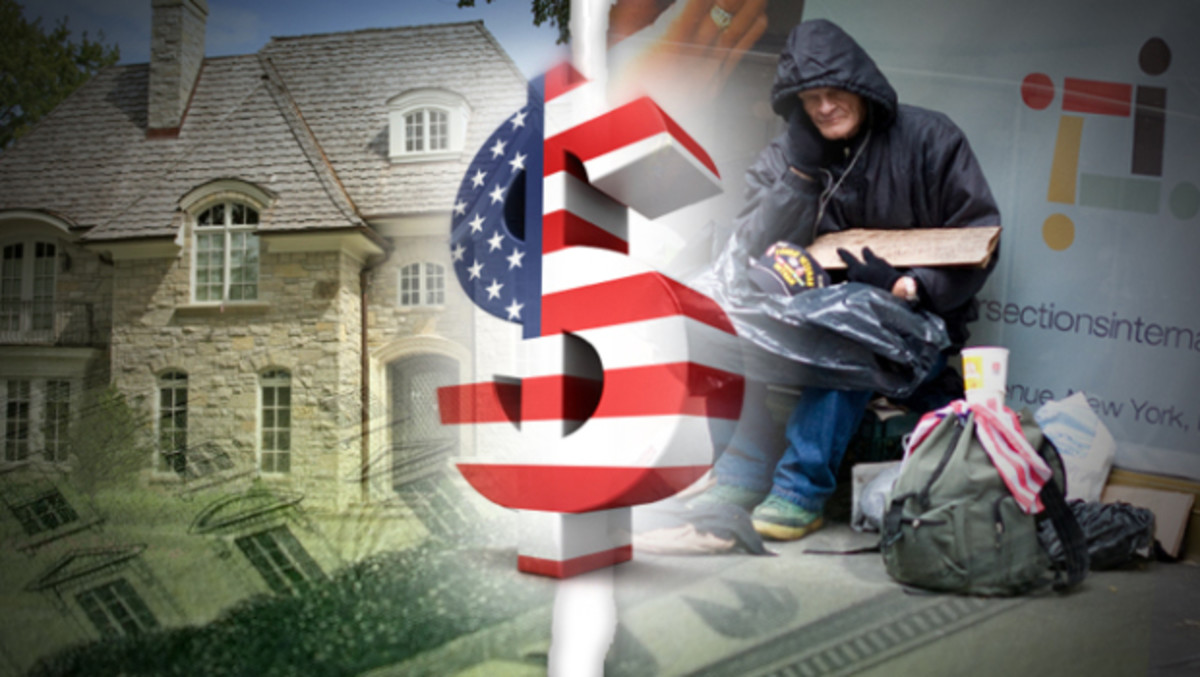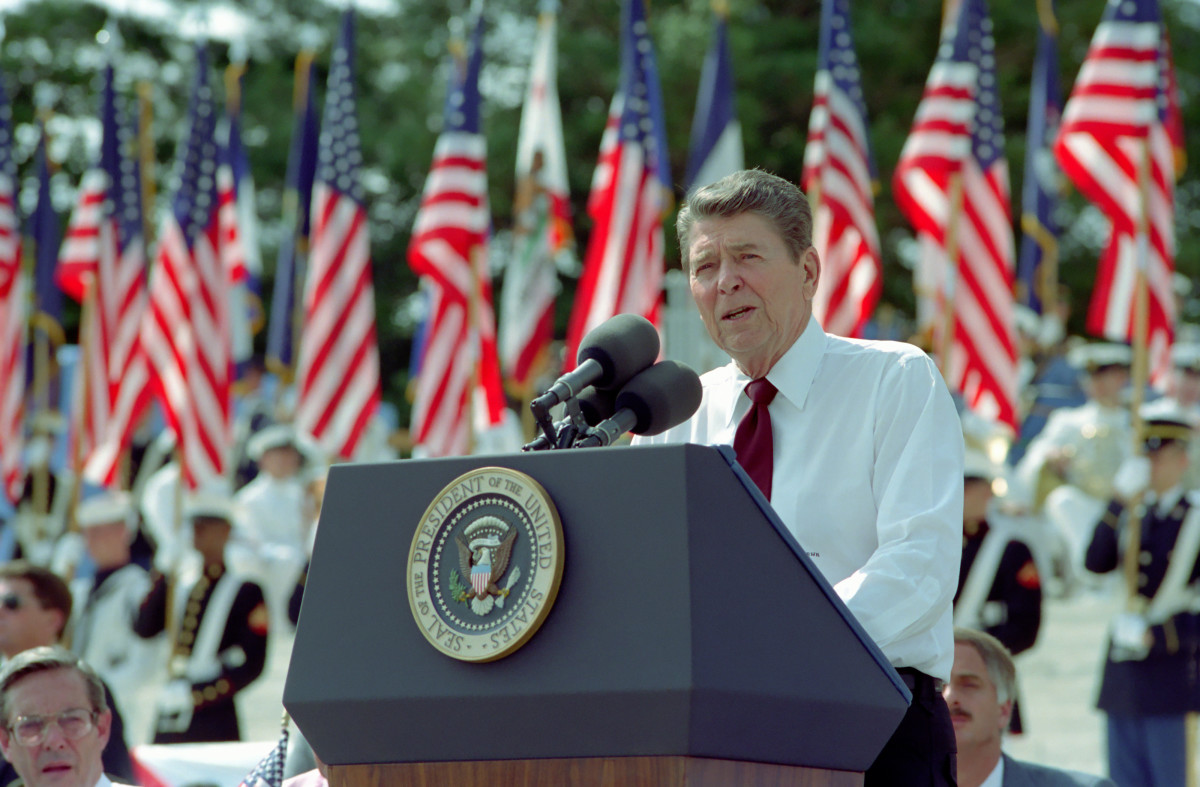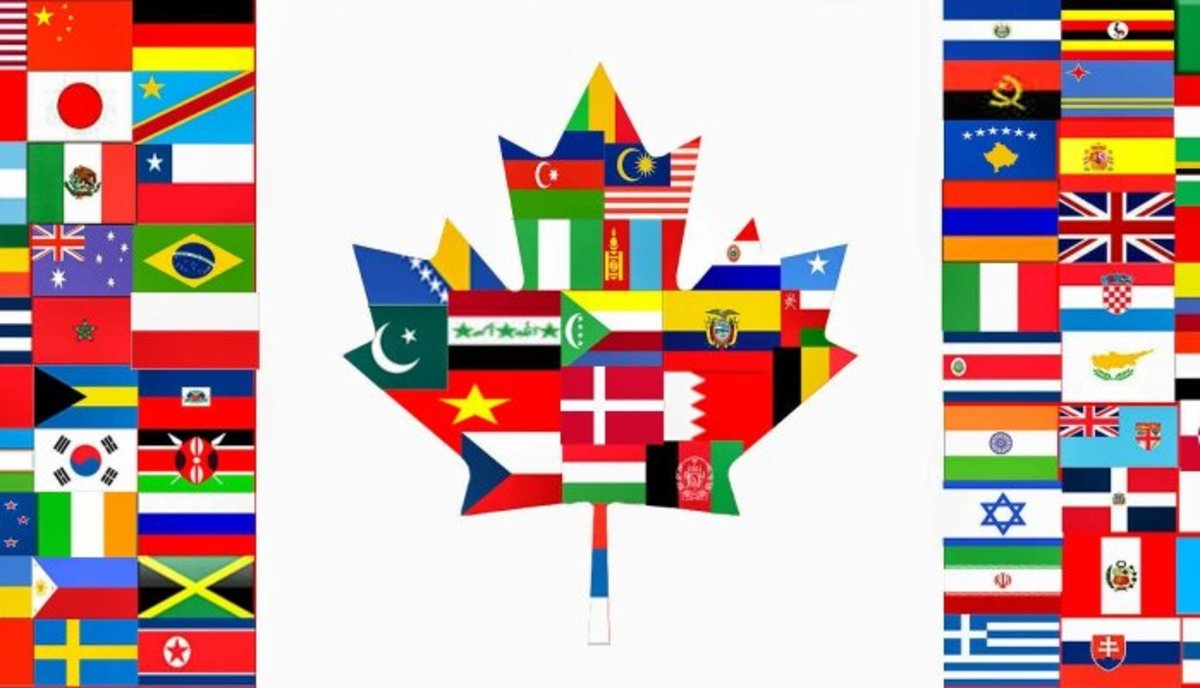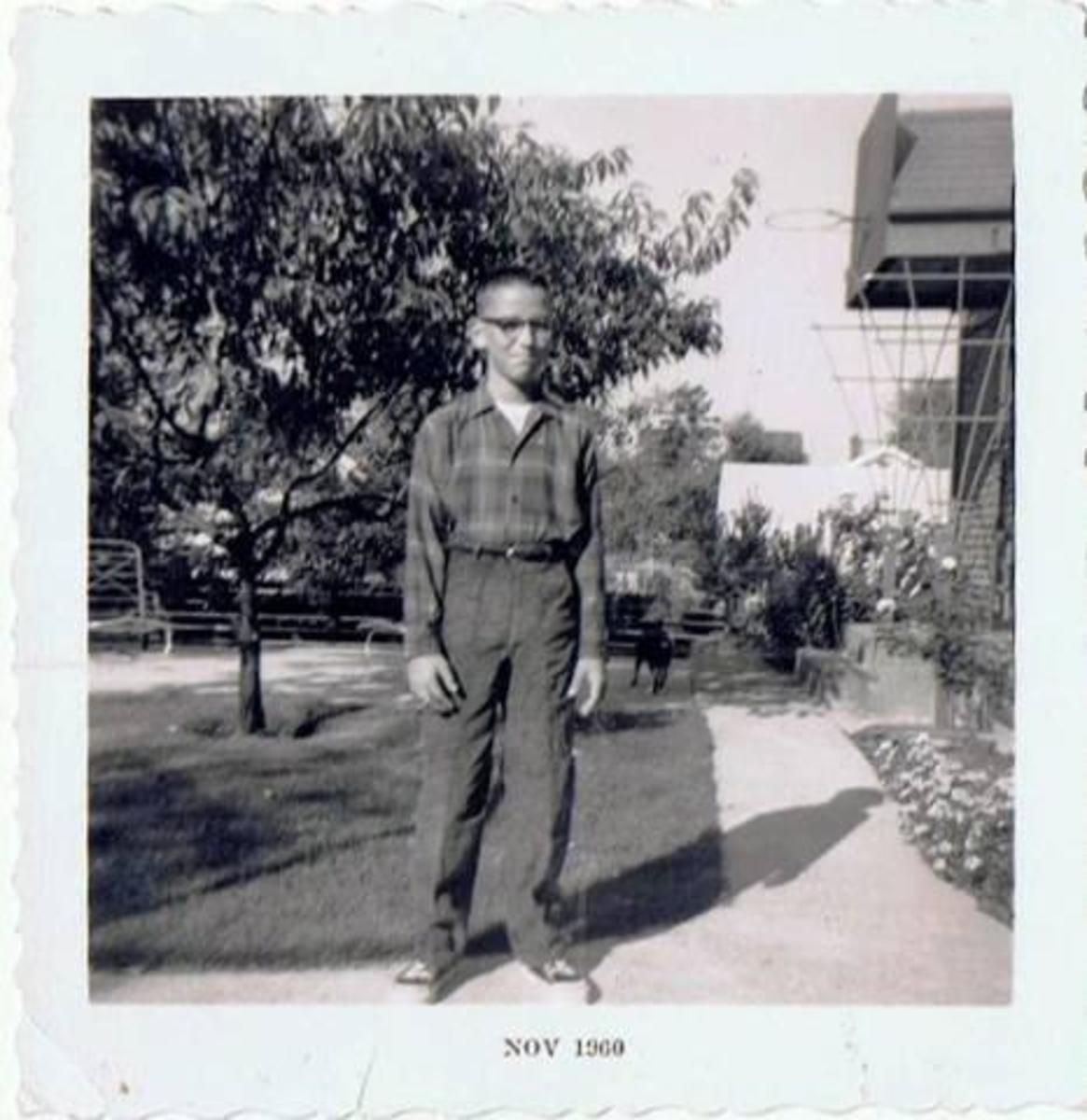Will America Loose its Soul to Gain the World?

"What shall it prophet a man if he gains the whole world and looses his soul?"
America has found it's courage, it's voice and the heart to fight for those freedoms collected to us in "The Declaration Of Independence" and in a "Constitution" that insures those freedoms with perpetuity. I fear we are leaving something behind in our hurry and in doing so, America may be loosing its collective soul.
The preservation of our inalienable rights are essential to who we are; a people governed by our own consent and the guardians of our liberty, against any that would come against it's promise, including those entrusted with the privilege of representing us. Americans have always been fiercely independent. We were forged in the fires of revolution, hammered out upon an anvil of just and irrevocable rights and hardened by a resolve, that the world should tremble to take it from us. We are born of an inherent nobility that elevates us higher than the invisible emptiness of class or status. We are born free men, clothed in an equality, which our souls knew, recognized and took without consent, because we knew there was none higher to grant consent, than the free men that took it and embraced it to themselves.
Across America today, I hear a new and resounding anthem. Its words are littered in angry conversations and it strikes our ears with the popular melody of a new and improved individualism, free from the restraints of the soul which encumbered our pursuit of "absolute" liberty. A soul which was forever whispering to our conscience, that we are bound in our humanity by compassion, free or slave, rich or poor, whether daily life or in our final breath.
Today we are in danger of not only disliking the poor, but we are moving in a direction which is leading us to despise them. It begins with a reason not to care and each day another new and improved, stronger American, begins to sing the words of the emerging anthem, " the poor, the disenchanted, the impoverished, the infirmed, the homeless, the dysfunctional, the economically stricken, the mentally handicapped, the disadvantaged, the unemployed, have all brought this condition upon themselves and it is their privilege to wallow in the sewer of their misfortune." Today I hear a collective voice whispering that the poor are draining the coffers of prosperity and all the while, corporate wolves are washing our retirements down with scotch and water.
My soul knows neither the count nor the measure of those deserving what they bring upon themselves, but it whispers to me that if deserving and undeserving are to be judged, it will be better done by the one who is whispering in my deep. That lazy and undeserving men come to steal advantage from the pockets of compassion does exist in our time and it has always existed and shall never go away. That we should diminish the substance of our souls to right the ship, will in the end, leave us wrecked upon the rocks of individualism, for compassion is and has always been the compass of honorable men.
Our pursuit of individual right, of independence, is not in jeopardy. Compassion does not come to steal our wealth, it comes to define our wealth. Compassion is an inner voice, crying in the wilderness. I see you. I am here and you are not alone." It is the last thing in us that should ever die and it is, today, in danger of dying before it's time. We can not address the menace of poverty until first we care and if we find new reasons not to care, our light will die, we will loose our souls and still, we will not have gained the world.
"Mercy triumphs over judgement." If there is one who put the whisper in our souls, He will again, tell us that it is so. Perhaps it is so, not because the poor are so in need of us, but because, without them, we lose the need of anything but ourselves. If we are advancing a welfare state we do so while simultaneously advancing corporate kingdoms immune to the penalties of just procedure. " The poor will always be among you" was not a statement endorsing the struggle and misery which lurks in the shadows of an unjust world; it was a statement proclaiming the perpetuity of an inequality belonging to the human race. It isn't within us to cure such ill, but, who we are as people, will be forever defined, proportionate to our effort to try.
There are answers and though they will never rid the world of absolute poverty or it's residual ill, our effort will reflect the light of a goodness which refused surrender.
I do not fault any man, who from his labor, tires in giving to the increasing masses of destitute that come to bear upon his independence or the just reward, which he should reap from individual enterprise, but, I fear men, who look upon the poor and say, "they have brought it upon themselves." Perhaps they have to some degree. but it doesn't matter, because the whisper does not come to talk to me about who they are; It comes to tell me, who I am. It rises from the deep within me and it whispers, " what will it prophet a man if he gains the whole world and looses his soul?"
Entitlements, welfare, medicaid, food stamps and runaway government programs , all come to drain the collective efforts of a people who labor to preserve an ideology that promises us the pleasure of our labor. It comes upon us, disguised as a helping hand, but, it has become a hand that refuses retreat, because it grows accustomed to a warmth provided by our collective pockets. If we grow a welfare state ,it isn't because the poor have abused our generosity; it is because we have become proficient at throwing money at something we hope will go away. It is our convenient hope that enough money will make the problem go away and when it doesn't we turn our collective anger upon those who merely took the only remedy we offered. Perhaps the real problem is that we have come to veiw the people rather than poverty as a problem.
Our current remedy will not ease the self inflicted ill we bring upon ourselves nor will it ease the burden that beds the poor with money printed in the ink of empty promises. Measuring the value of a people by the weight of their collective imposition on our individual wealth will not elevate the thing that makes us human. Our view is determined by the window from which we choose to see the thing that confronts our vision. Sometimes we need to look out from the opposite window 'less we become imprisoned by the narrowness offered in a single view.
I am not fond of rising taxes which impose constraints upon my pursuit of comfort or its inherent burden upon my individual liberty. I tire of the perpetual disproportionate taxation of my labor that falls aimlessly on wastelands that will grow neither change nor cabbage. I tire of that measure of my work which I must do before any of the work I do belongs to me and I tire mostly, because all I give does not quench a desert needing more than the water I indiscriminately spill upon the ground.
Though I tire, something in me whispers. " Do not tire of the thing that makes you human." The preservation of our collective soul wants more from us than simply making the problem go away. It wants from us to see one another not in terms of a problem but as a people in need of an attention that requires more from us than money will ever buy. It wants to preserve in us, that we are connected regardless of color, creed or status. It wants above all, that we care. That we separate the poverty from the people.
To grow a change we must plant the seed of change. We must then tend and havest what we plant. If we continue to plant distrust and blame and fear, then we will reap the same. We will reap teams, harvested from the soil of the discontent. If we will instead plant compassion into the soil of our hearts, then we will havest a care from there which can separate the dirt from the crop. People are not the problem; poverty is the problem and once the dirt is washed away, we are all very much the same. Caring will yeild the answers that money can not grow because money is not a seed. It is merely fertilizer. We keep planting it and nothing grows because fertilizer without the seed is simply ground with empty hope.
In the end, the resolution of our economy, will not come from programs meant to build a people, because people are not built by programs. People are built by people, but, how do you build a thing, that you refuse to see? How do you build a people you despise? When we see the people within the poor, instead of the poor within the people, then we will see a change that money will not buy. That the poor, may have brought some of this upon themselves, is not the issue, It isn't about them; It is about us. It is about the preservation of compassion, because, compassion should always be, even in our final breath, the last thing in us to ever die. If we lose it, what will it matter, if we have the world? Let us seed the ground with compassion. As it takes root and breaks the ground, we as a nation will harvest much more than individual gain; We will have found our collective soul.
